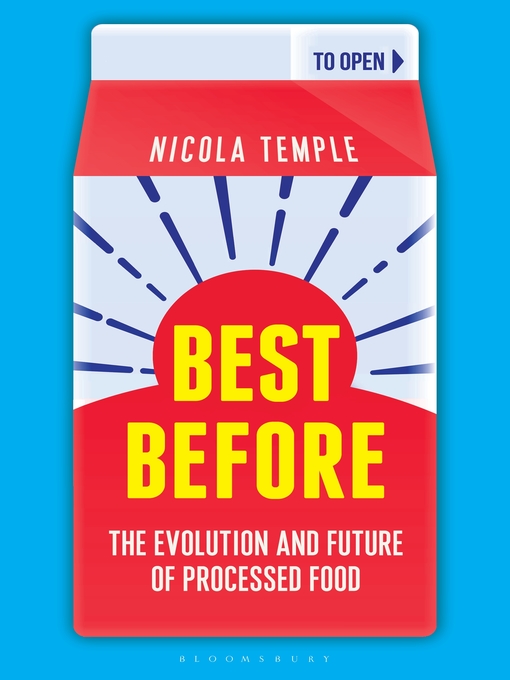- Always Available eBooks
- Most popular
- Try something different
- libros
- 图书
- книги (русские)
- sách
- книги (укр.)
- See all ebooks collections
- Audiobooks ANYTIME!
- Most Popular Audiobooks
- Author Interviews
- audiolibros
- 有声读物
- аудиокниги (русские)
- sách nói
- аудіокниги (укр.)
- See all audiobooks collections


